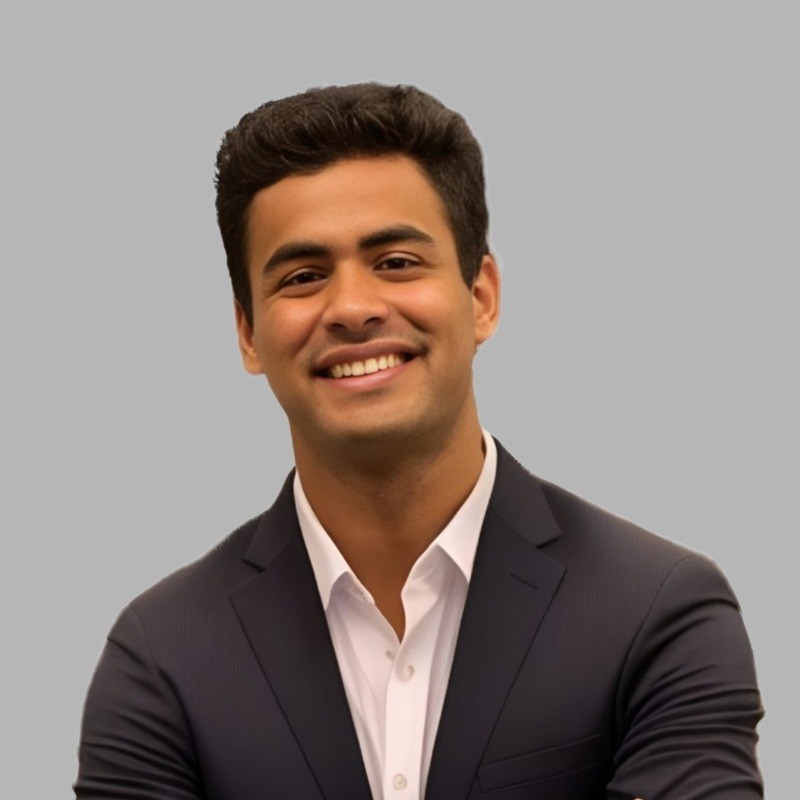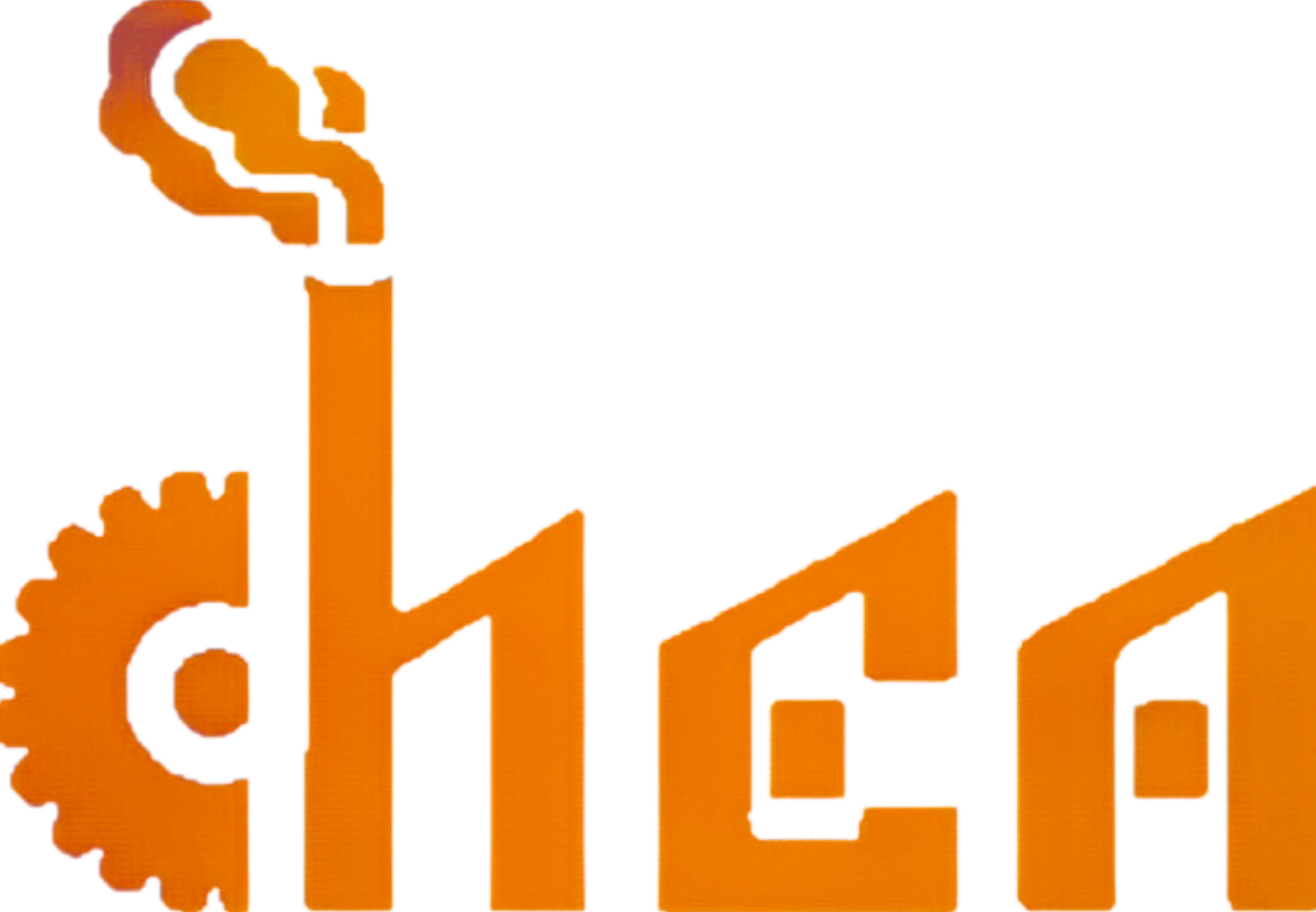ChEA BLOGS
Chaitanya Ramprasad | Arthur D little

How did you decide on the specific role and company you wanted to apply for?
My choice of role and company wasn’t as much a deliberate decision as it was a result of the opportunities that came my way. Initially, my primary focus was on finance during placements. I prepared somewhat for both domains and ended up giving my best in the interview. The consulting role I landed felt like a natural outcome rather than something I had planned meticulously—it just clicked at the right time.
Was the domain you applied for during placements the same as the one you interned in during your third year? If not, why so?
Not at all. My internship during the third year was with Deutsche Bank in an investment banking role, which falls squarely under the finance domain. However, during placements, I shifted to consulting and ended up with a consulting role instead. This was a transition driven more by opportunity than by a conscious decision.
How was the selection process, and how did you prepare for it?
The selection process was centered around case interviews, as is common for consulting companies. Unlike some firms, there wasn’t a buddy program in place to guide candidates. Initially, consulting wasn’t my main focus, so I had done only 14–16 cases during my preparation phase. These included general profitability scenarios and guesstimates. Surprisingly, the four cases I encountered during my interviews were a mix of one guestimate/profitability case and three unconventional ones.
What were the shortlisting criteria for the company?
The shortlisting criteria were consistent with what most consulting firms prioritize. The company looked for standout achievements or “peaks” in resumes, which included:
CPI (academic performance),
Positions of Responsibility (PoR),
Internships,
Projects and extracurricular activities.
What were the different rounds?
All the rounds were case interviews with a small component of HR-related questions integrated into each. The interviewers seemed more focused on assessing analytical thinking and case-solving ability through the cases.
Are there any repetitive questions or cases that you noticed, especially in HR or GD? How did you prepare for each round?
There weren’t any specific repetitive questions or patterns that stood out. I would recommend preparing for unconventional cases as well since they might catch you off guard. Confidence is key during the interview—how you present yourself and tackle challenges is often more important than the exact answer you give.
Any resources or tips for preparation?
The usual resources like Case Interviews Cracked and IIM casebooks should suffice for preparation. Additionally, I’d strongly suggest preparing your own set of HR answers. Personalized responses often resonate better with interviewers.
If you had to redo your preparation, what would you do differently?
For this company, I wouldn’t change much. Perhaps, I’d have practiced more cases to build additional confidence before the interviews. That said, once you’re in the interview room, the real game is about maintaining composure and showcasing your problem-solving ability without succumbing to nervousness.
What is your current exact role in the company, and what does a typical day look like?
I was hired as a Business Analyst, and my work primarily involves collaborating with clients, mostly based in the Middle East, particularly Saudi Arabia, and India. The role includes some amount of travel, which adds a fun dynamic to the job. The work environment is incredibly flexible, offering a blend of work-from-home and in-office options
Initially, you’re expected to contribute to proposals and business development activities to understand the company’s approach and operations. Once you get the hang of things, you transition to client-facing cases, which is when the real consulting work begins. I was pleasantly surprised to find the workload much more manageable than I had anticipated. Moreover, the people here are truly inspiring—everyone has exceptional backgrounds and intellectual capabilities, which creates a vibrant and stimulating workplace. Overall, it’s a fun, flexible, and highly enriching environment that offers a great balance of learning and work.
Key learnings from the process and a final note for fourth years
Here’s my advice: trust the process. Everything eventually falls into place. Put your full effort into preparing for placements, but don’t forget to enjoy the journey along the way. There will undoubtedly be moments of disappointment, but by the end of the placement season, you’ll find that most people feel satisfied with where they end up.
Remember, this is just the beginning of your career. There’s a whole world out there filled with opportunities to explore and challenges to conquer. Stay cheerful, stay optimistic, and always keep learning. Placement season is just one chapter of a much larger story—make the most of it!
